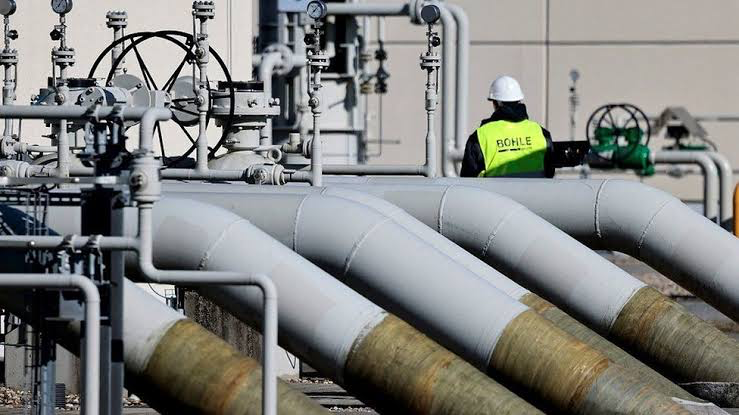KEY POINTS
- EU countries want more flexibility in gas storage requirements.
- Some countries argue that strict targets contribute to higher gas prices.
- The European Parliament will negotiate possible changes to the policy.
Several European Union (EU) countries are pushing back against the European Commission’s plan to maintain strict gas storage targets until 2027.
At a recent meeting, diplomats from various countries, including Germany and the Netherlands, argued that the rigid requirements are contributing to higher gas prices by signaling to the market that European buyers are compelled to purchase fuel.
According to Reuters, the current policy mandates that EU nations fill gas storage facilities to 90 percent capacity by November 1 each year and adhere to intermediate targets throughout the year.
While the Commission has indicated that enforcement would be more lenient, many countries are demanding additional flexibility—particularly during the summer months when storage refills occur.
Storage targets linked to energy security after Russian supply cuts
The EU’s gas storage requirements were introduced in 2022 as a response to Russia’s reduction in gas deliveries, ensuring member states had sufficient reserves for winter.
These measures successfully prevented severe energy shortages, yet multiple governments claim that policy changes are needed to comply with present market realities.
Officials from at least a majority of the EU’s 27 member states expressed concerns during discussions in Brussels, saying that strict targets limit their ability to make strategic purchasing decisions.
Germany and other countries having extensive underground gas storage facilities contend they should not bear such great economic costs because of these regulatory requirements.
The proposed EU policy extension up to 2027 is moving ahead to the European Parliament for member state negotiations which will precede its final approval.
Negotiations continue as countries seek compromise
Some EU officials continue to support their gas storage requirements by highlighting the necessity for stable energy supplies as well as the preservation of electrical security.
The officials maintain their support for the targets but they acknowledge economic challenges because any excessive target reduction might make Europe less capable of handling future energy emergencies.
The next several months will prove crucial because EU governments and the European Parliament, have to negotiate new agreements regarding these targets.
Implemented changes would enable countries to meet storage objectives through varied approaches, which balance present financial strain against future power reliability.



